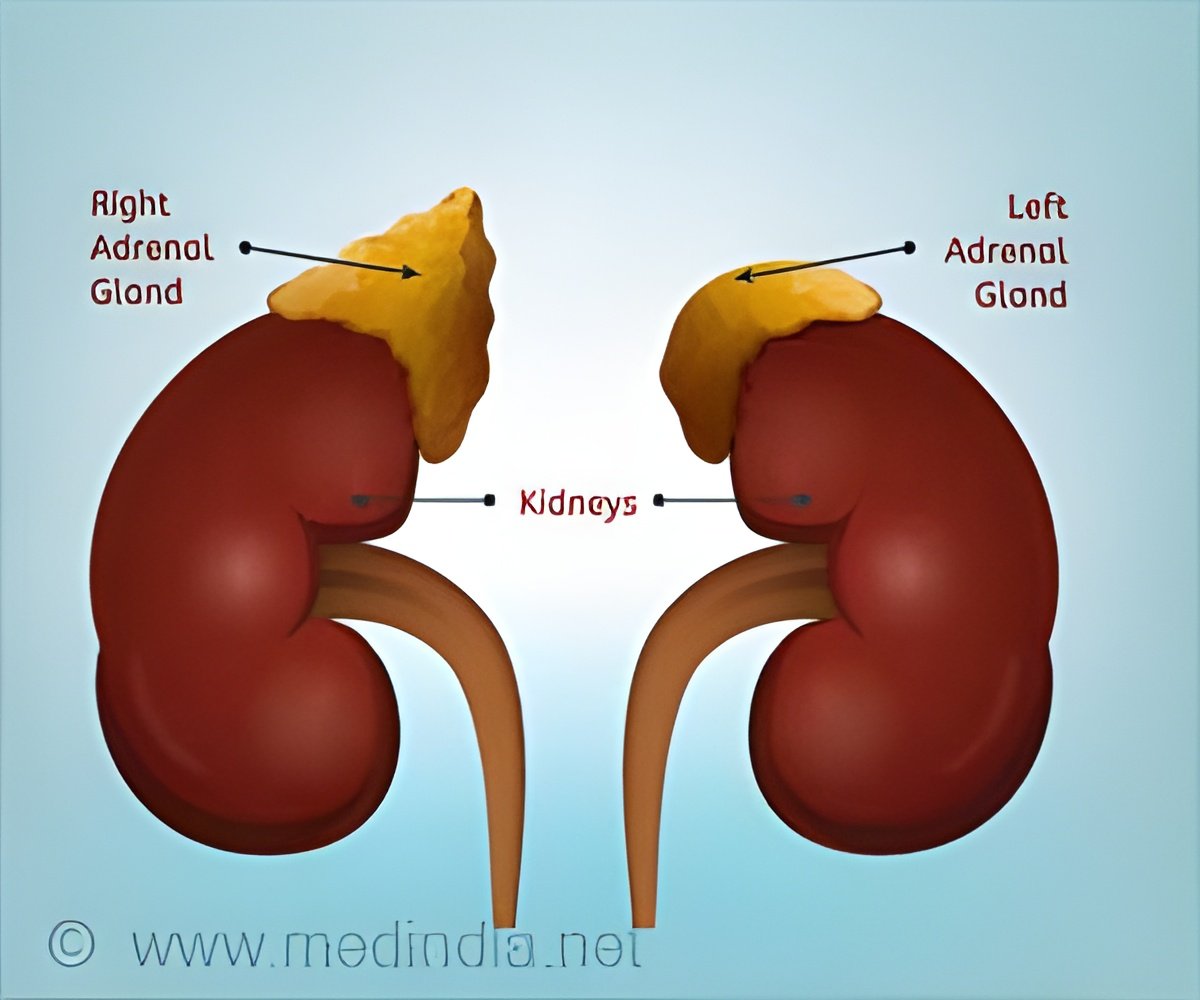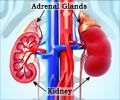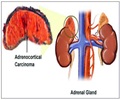Stem cell differences were found to explain why women are more likely to develop adrenal cancer, said researchers.

‘Adrenal cells in female mice show a much more rapid turnover compared to males, which we could trace back to a different behaviour of adrenal stem cells between the two sexes.’





Dr Andreas Schedl, from INSERM, France, who led the study said: “Furthermore, we could show that the observed differences are due to hormones that are produced by testes that suppress cell division, thus slowing down renewal in the male adrenal." The scientists studied the adrenal cortex of male and female adult mice and found that female mice replace their entire set of hormone-producing cells within 3 months, while it takes male mice an entire 9 months. Using different techniques to label cells within the adrenal cortex, they established that females not only have a higher proliferation rate of cells, but also recruit stem cells from a different part of the adrenal gland.
The research has wide reaching implications, as it demonstrates the basic mechanism underlying the increased turnover of cells within the adrenal gland, providing a possible explanation for the increased incidence of adrenal disorders in women.
Dr Schedl explained: "It is early days and many more experiments will need to be performed before our research can directly benefit patients. However, we believe that our study teaches a number of important lessons that are of immediate relevance to scientists, pharmacologists and clinicians."
This research might lead to sex-specific treatment options for diseases like adrenal cancer and, according to Dr Schedl, could have implications on a far wider field of disorders: "Importantly, while our study concentrated on the adrenals, we are convinced that similar differences may also be found in other organ systems."
Advertisement
Source-Eurekalert











